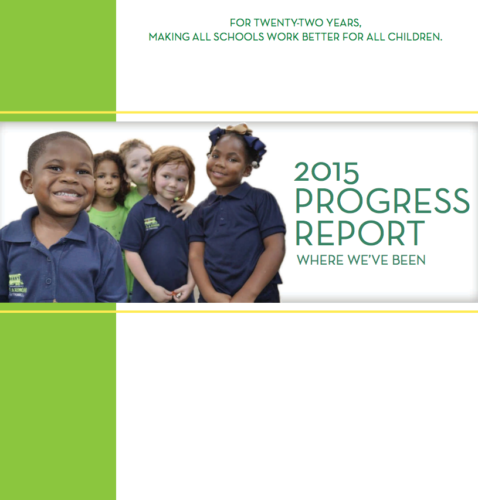A case study in how unions undermine teacher accountability.
Wall Street Journal
December 27, 2015
The latest federal education reform sends more power back to states and local districts, but that poses risks to the extent they are captured by teachers unions. Witness New York, where Governor Andrew Cuomo is retreating on teacher accountability.
In a bid to snag Race to the Top funds in 2010, New York adopted Common Core standards and required that 20% of teacher evaluations be based on student scores on state tests and another 20% on local objective measures of student learning. Student scores on the tougher new tests plunged. Proficiency dropped to 31% in reading and math in 2013 from 69% and 82%, respectively, in 2009.
Yet even as student measures plunged, local school districts in cahoots with the unions rigged evaluations to ensure that nearly all teachers got good marks. One tactic: Unions collectively bargained for easier local tests to be part of their evaluations. Lo, 96% of teachers statewide were rated “effective” or “highly effective” last year while only about a third of students passed state reading and math tests.














A Grand Finale
Three months ago I walked into the 7th floor office of the Center for Education with wide eyes and butterflies in my stomach. At that time I thought I knew a good bit about education policy, I am an Ed Wonk, I told myself as I embarked on my semester in Washington. My time at CER has allowed me to put my prior knowledge to work, but it has also taught me just how much I have left to learn.
It was an exciting time to be working in the world of education. I have had the chance to follow education stories as they developed, like the Supreme Court case in Washington state against charter schools and the debate around the Opportunity Scholarship Program here in Washington DC. It was great timing that I also got to witness the historic process of reauthorizing the Elementary and Secondary Education Act (ESEA). It was especially interesting to observe this process from the dual perspectives of my two internships with CER and the US Senate. Watching as President Obama signed the Every Student Succeeds Act into law on my 22nd birthday, December 10, 2015, was definitely the highlight of my semester.
I have loved every minute of these past few months. From attending discussion events at Washington think tanks to conducting charter and parent outreach, I am grateful for all of the work I have gotten to do for an organization that is working to pursue meaningful education reform. Each day at CER has been full of new challenges, interesting work, and exciting learning opportunities. And I have thoughtfully crafted my personal opinions on national education issues like school choice, state standards and teacher preparation processes.
Everything I have observed and learned with CER will be important as I pursue future opportunities in the education field. I am certain now that, after my graduation in May, I will continue on to a career committed to improving urban education. Whether I become a teacher in Brooklyn or a policy researcher in Washington, I will never forget my time working in this amazing place.
Lindsay Uhlinger, CER Intern